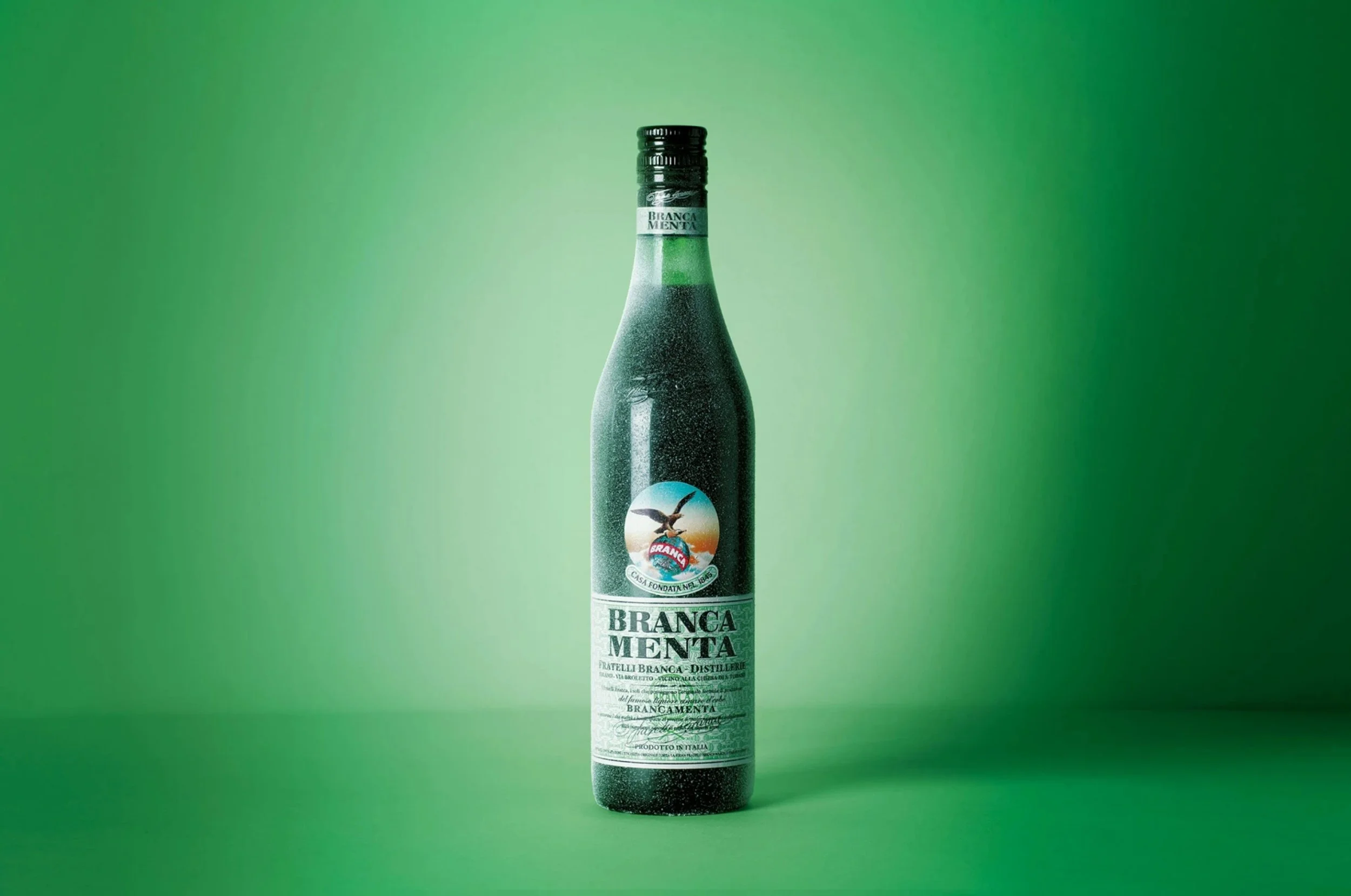Do Digestifs Actually Work?
Surf and turf dinner
You’ve reached the end of a large meal. You’ve spent a few hours indulging in multiple courses of delectable, exquisitely prepared food while engaged in meaningful conversations with your dining companions. It was an enjoyable affair, but you’re now faced with a problem: You’re stuffed to the point of discomfort.
If you imbibe, you’ve probably been told this scenario is the ideal time to reach for a digestif or digestivo in Italian. This category of alcohol, consisting of subcategories like amaro, grappa, ouzo and cognac, is thought to speed up the digestion process and make you feel less pained by your overindulgence. You may even have heard theories explaining why it works. For example, one idea proposes that your body kicks the digestive system into overdrive once you ingest a digestif because it thinks it’s been poisoned. Given that alcoholic beverages are technically slow-working poisons (albeit delicious ones), this hypothesis feels like it may have credence. Then again, if your body thinks a digestif is poison, wouldn't it react to all liquor this way? Or could it be the purportedly medicinal herbs alleviating any discomfort?
The idea of a digestif doubling as liquid magic makes for a delightful narrative, especially if you’re in the throes of a post-dinner conscious coma and there’s a bottle of Amaro Montenegro or Branca Mentha within reach. But how much of this is simply story instead of science? Do digestifs actually work, or is all a ruse?
The Bitter Truth
Courtney Pelitera, MS, RD, CNSC, registered dietician
From a strictly scientific standpoint, drinking digestifs as a digestif aid is more fiction than fact.
“The biggest myth surrounding digestifs is that they alleviate digestive issues,” explains Courtney Pelitera, MS, RD, CNSC, registered dietician affiliated with the New York City-based group Top Nutrition Coaching. “We really have no evidence to suggest this.”
This sounds like bubble-bursting news. Yet there is a caveat to consider before wholly writing off a digestif’s digestive properties as an urban legend.
“The thing is, there really is not scientific research supporting the benefits of digestifs,” Pelitera says. “We have a small amount of research on the herbs, bitters, and spices often found in digestifs to be beneficial in avoiding indigestion, like peppermint or spearmint. There was [also] one study in 2022 that looked at bitter tastes potentially having an effect on reduced blood flow to the small intestine. However, no real, scientifically sound studies have been conducted.”
Amaro Montenegro
In other words, the scientific world hasn’t invested a whole lot of time into determining a digestif’s post-meal merit. While deeper dives into the subject may yield new evidence regarding a digestif’s properties in the future, science must roll with the conclusions yielded from whatever current research indicates, just like they would with pretty much any medical or scientific hypothesis. Right now, the relatively sparse amount of research out there advises science to step away from suggesting a slug of herbaceous low-ABV alcohol after a gluttonous experience is beneficial.
An Alternative Approach
While current scientific research concludes digestifs are ineffective as a digestive aid, there are several other scientifically backed tactics you can use to help avoid feelings of gastrointestinal pain after gastronomic pleasure. Pelitera points to evidence in a study that a short walk after a meal can help move the digestive process along and alleviate discomfort.
Pelitera also notes several proactive tactics you can utilize prior to sitting down to dine, including reducing stress around mealtimes and skipping carbonated beverages. She also points out that it’s a good idea to stop eating once you feel full. This sounds like a no-brainer on paper, but it can be difficult to practice when slices of a juicy rib-eye sit four inches from your reach during a family-style dinner.
Not a Total Loss
Branca Menta
Even if a digestif doesn’t actually do the digestive aid trick it’s purported to do, this doesn’t necessarily make enjoying one after a large meal a completely empty practice. Pelitera says the ritual of the post-feast tipple could contain psychological value. “No matter what your preference is for type of liquor or flavor, a digestif can be a signal to your brain and digestive system that the meal is over,” she states.
It's also worth remembering that digestifs taste delightful whether they clear up stomach traffic or not. This alone makes them the ideal exclamation point for a memorable meal. It’s a sentiment Pelitera endorses – just as long as you’re routinely adhering to sensible eating habits.
“I would consider a digestif to be something a person could enjoy in addition to a well-balanced meal,” Pelitera says. “There are certainly no nutrients we are necessarily getting from digestifs, but if it is something to add on at the end of a meal full of vegetables, lean meats or fish, and whole grains, digestifs can certainly fit into a healthy diet.”





